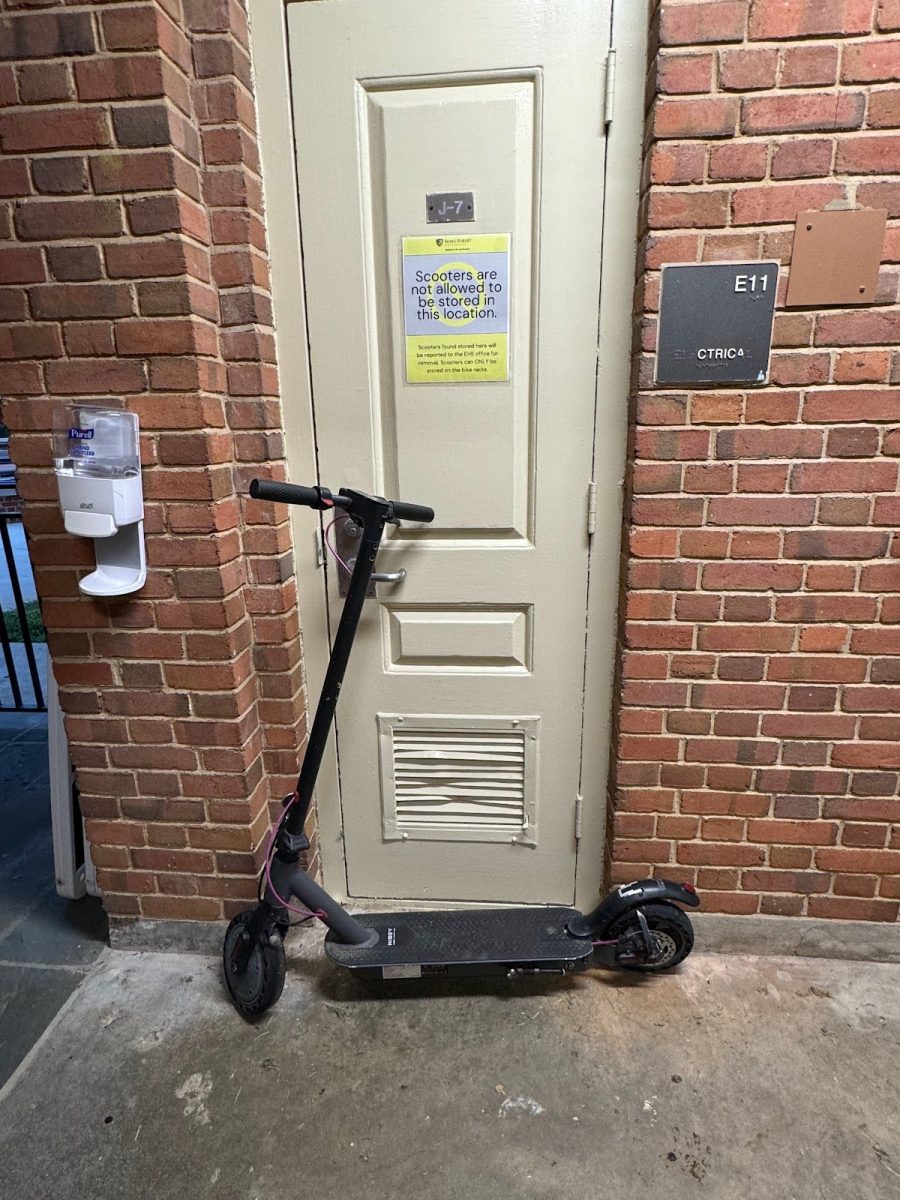Language is fascinating. The way words can seem to shimmer and bounce off one another and form a smile in the reader’s mind, is truly awesome.
It is similar to when you glance at something, a friend or whatever, and let a bit of happiness spread across your face at the slight, tiny uniqueness of that very thing. It’s as quick as biting an apple.
But one of the issues with language is that we can get caught in its webbing — big words, complex designs and humungous constellations of great storytelling.
I fall into this trap a lot. I learn a new word through reading, want to use it, and jam it into whatever I’m writing. Or I’ll have someone tell me they needed a dictionary in order to read my piece. It’s a compliment, I think, but it also tells me that my message is murky and my wording is unclear.
It’s easy to talk over people’s heads. The true sign of an academic is someone who can use simple words to get across a complex message and I (as do so many others) slip into a state of unintentionally turning the reader round and round with excited words. The whole less is more thing works; pithiness is also preciseness.
Writing for oneself is indulgent and that’s good. Stories and pieces that are purely for one’s enjoyment can contain piles of particular parlance, experimental and stylistic flourishes for their own sake, but when one is writing for someone else, for consumption (like I am now), it is better to have an idea and express it in the simplest terms possible.
It is not an assumption of your audience’s stupidity. In fact, it is almost a selfish promise that you are smart enough to distill your vocabulary into the precisest possible dialect, without using slippery words that can stagger the reader’s rhythm.
It’s thin ice, for sure, because it’s about presenting something meaningful and cohesive while using words that don’t have too fuzzy of halos.
Our job as writers is to be communicators of the highest esteem, maybe even the highest degree, and you know what is a super important part of that? Comprehension.
I’m not saying don’t write for yourself. Write voluminously. Language contains troves of delicacies — words that are as warming as a sunset, as dark as the midnight sea.
But also write for others, in a productive and less-instructive manner. Incite people with unusual arrangements of words they already know, make them blush. Let their chests gush at what you’ve done to them with your words. It’s a miraculous thing, language, and to be able to wield it is not only impressive, but powerful.
So, laid bare, it is simply this: choose wisely.














